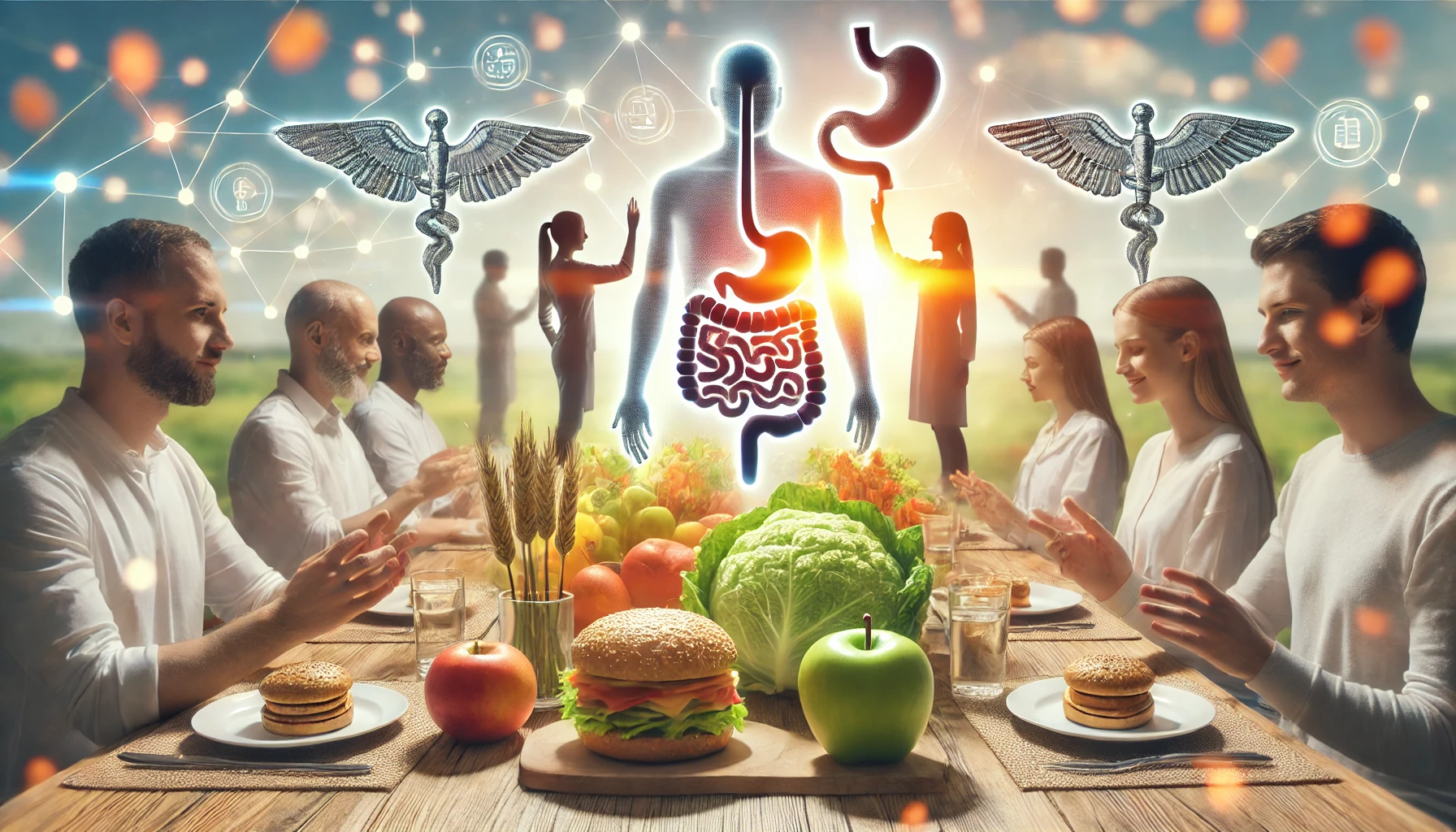How Bacteria in the Gut May Be Responsible for Binge Eating
Recent studies have uncovered a surprising connection between gut bacteria and binge eating. Here’s a rundown of the information:
About the Brain and the Microbiome
The gut-brain axis involves communication between the brain and the gut microbiome. This interaction regulates hunger, desires, and reward processing.
Potential Influence
Findings in the gut-brain axis suggest that an imbalance in the microbial community of the gut could affect the brain’s reward system, potentially contributing to compulsive eating behaviors.
Findings from Various Studies
Animal studies show that modifying the gut flora in mice genetically inclined to binge eating impacts their eating behavior. In human studies, people with compulsive eating behaviors show distinct variations in their gut microbiota compared to control groups.
Possible Mechanisms
Gut bacteria produce short-chain fatty acids (SCFAs) by fermenting dietary fiber. These can affect gut hormones and signal fullness to the brain. An unbalanced microbiota may interfere with SCFA production, increasing cravings.
Chronic low-grade inflammation, associated with an imbalanced gut microbiome, may affect brain function and contribute to compulsive eating behaviors.
Important Considerations
Further research is needed to fully understand the connection between gut bacteria and eating behavior. Each person’s gut microbiome is unique, and its impact may vary based on genetics, nutrition, and lifestyle.
In General
While promising, gut bacteria is just one of many factors contributing to binge eating. Further research is needed to draw conclusions and develop therapeutic approaches based on gut microbiota modification.
